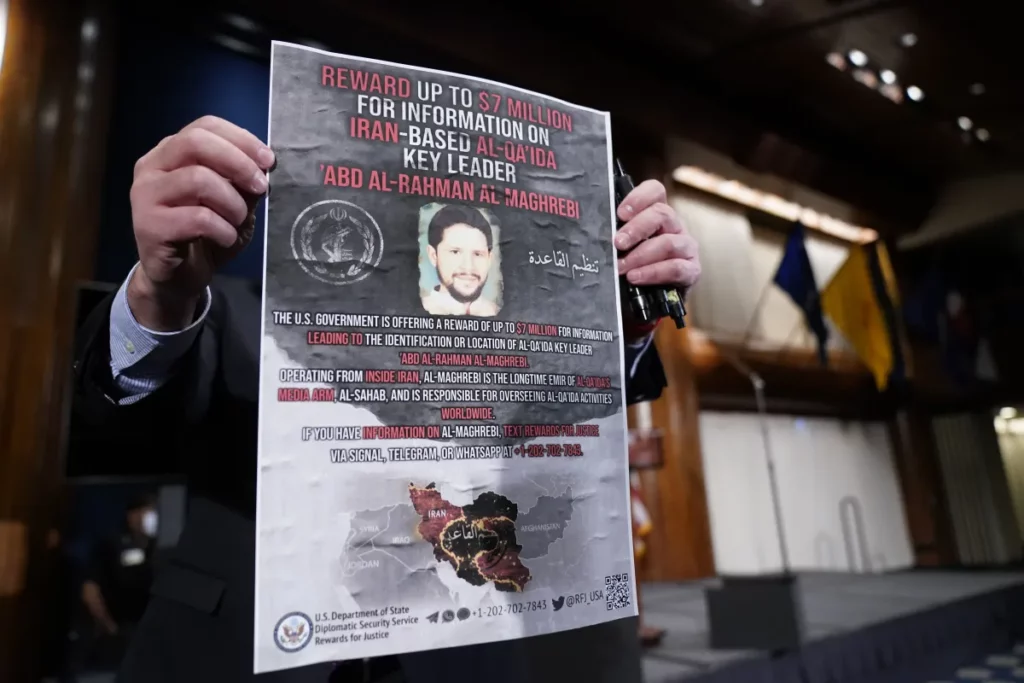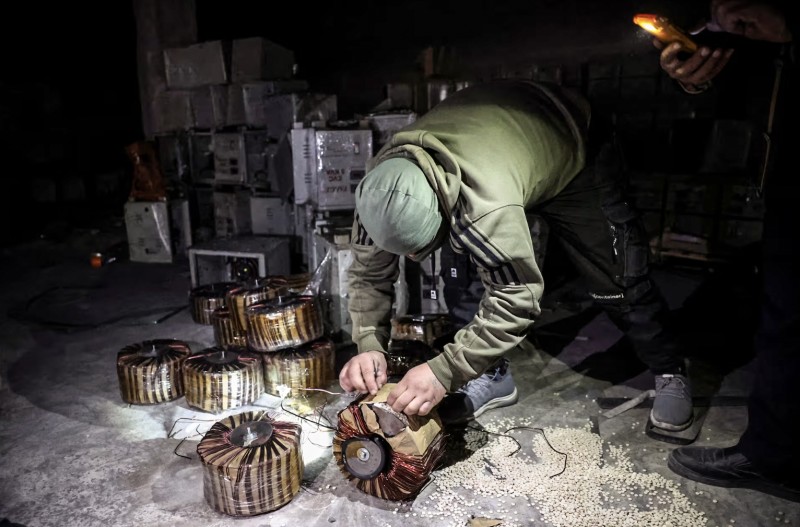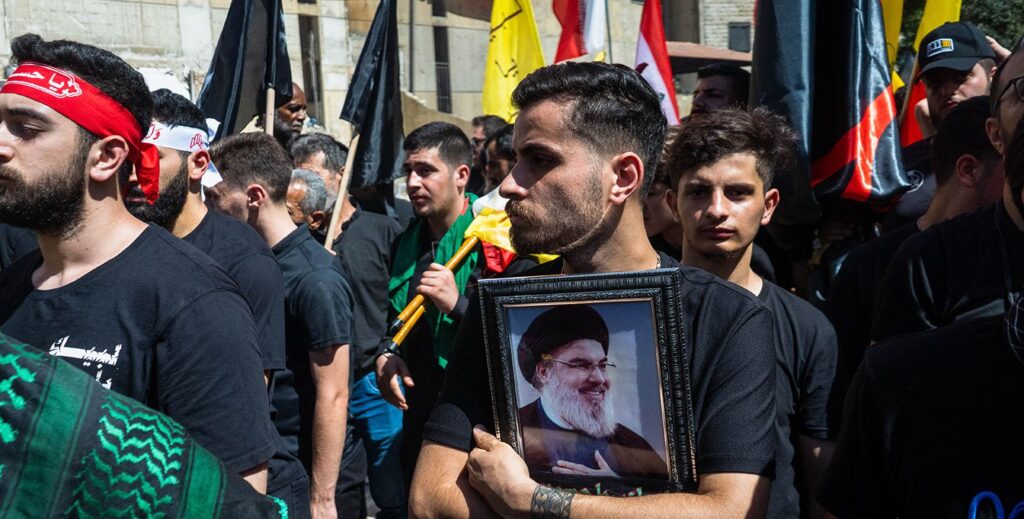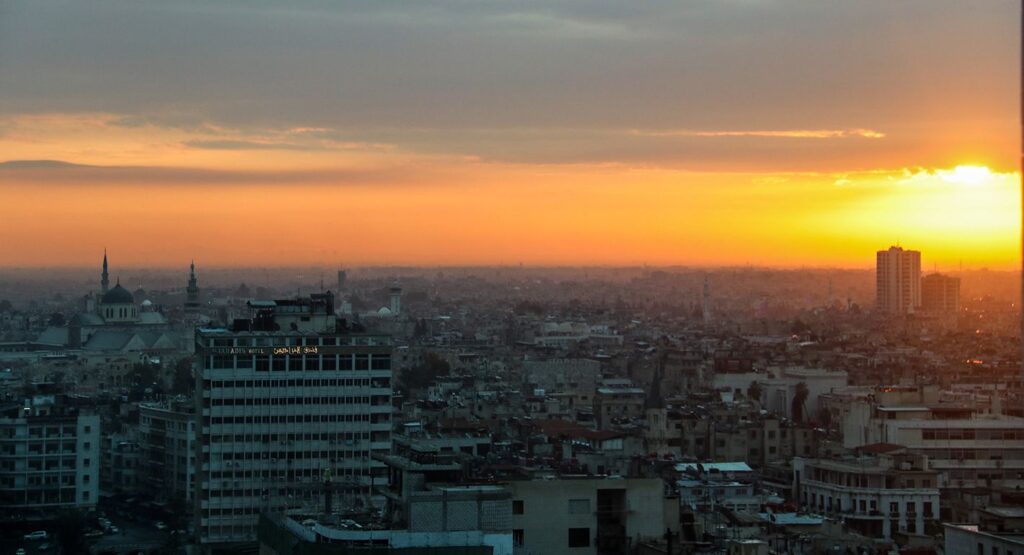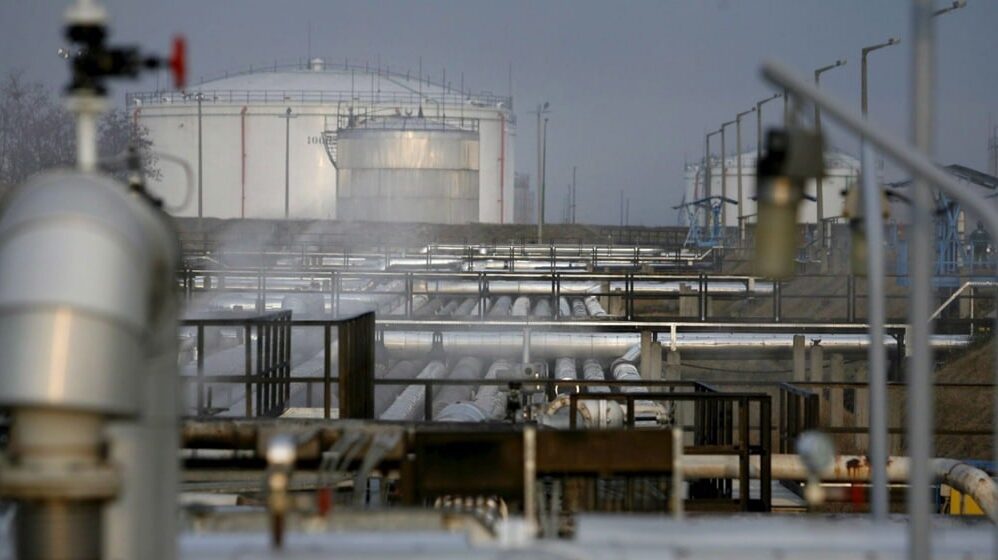Uzbek Foreign Fighter Groups in the Syrian Jihad: The Evolution of KIB and KTJ from 2011 through 2025
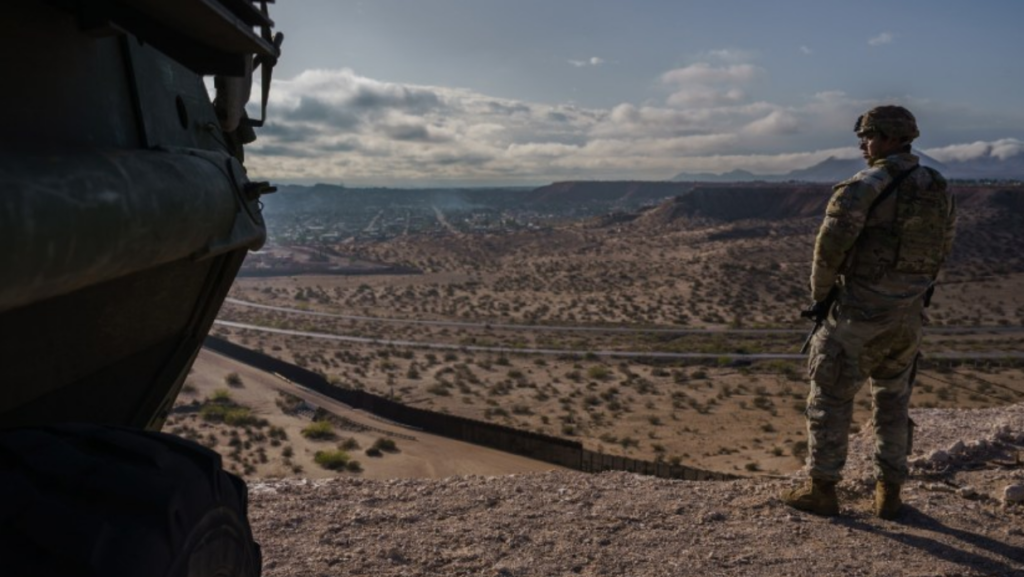
The fall of Syrian dictator Bashar al-Assad’s regime in December 2024 revealed the ongoing significance of multiple foreign fighter organizations in Syria, groups that proved instrumental in Hayat Tahir al-Sham’s (HTS) campaign for Damascus. Among them were two primarily ethnic Uzbek fighter groups that originated in Central Asia: the Imam Bukhari Battalion (Katibat Imam al-Bukhari, KIB) and the Tavhid and Jihad Battalion (Katibat Tavhid va Jihod, KTJ). Smaller numbers of Uzbeks and other Central Asians joined Malhama Tactical, Muhojir Tactical, and Katibat al Ghuraba al Turkistan, which also supported HTS.1 a HTS voiced no objections as these organizations’ leaders gave media interviews in Damascus, celebrating their victory, and posted images of their involvement across dozens of social media channels. These Uzbek-led groups are among some 10,000 fighters, many from Russia and China, who lent critical support to HTS for over a decade.2 In spring 2025, HTS emir Ahmed al-Sharaa proposed integrating such foreign fighters into the new Syrian military, a process that has now begun.3 Yet, little is known about these entities, why and how they have operated in Syria for so long, or what role they might play in the post-Assad Syria.

